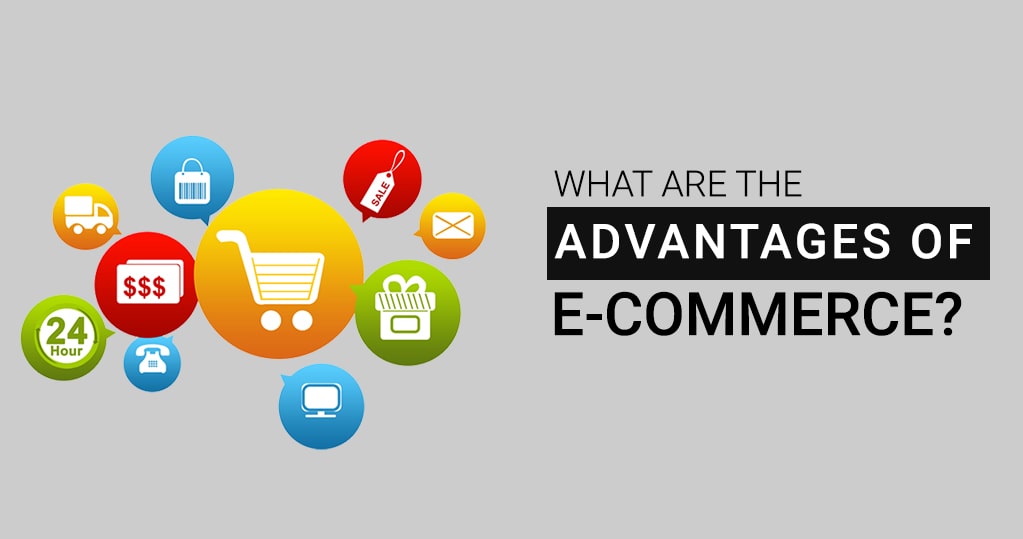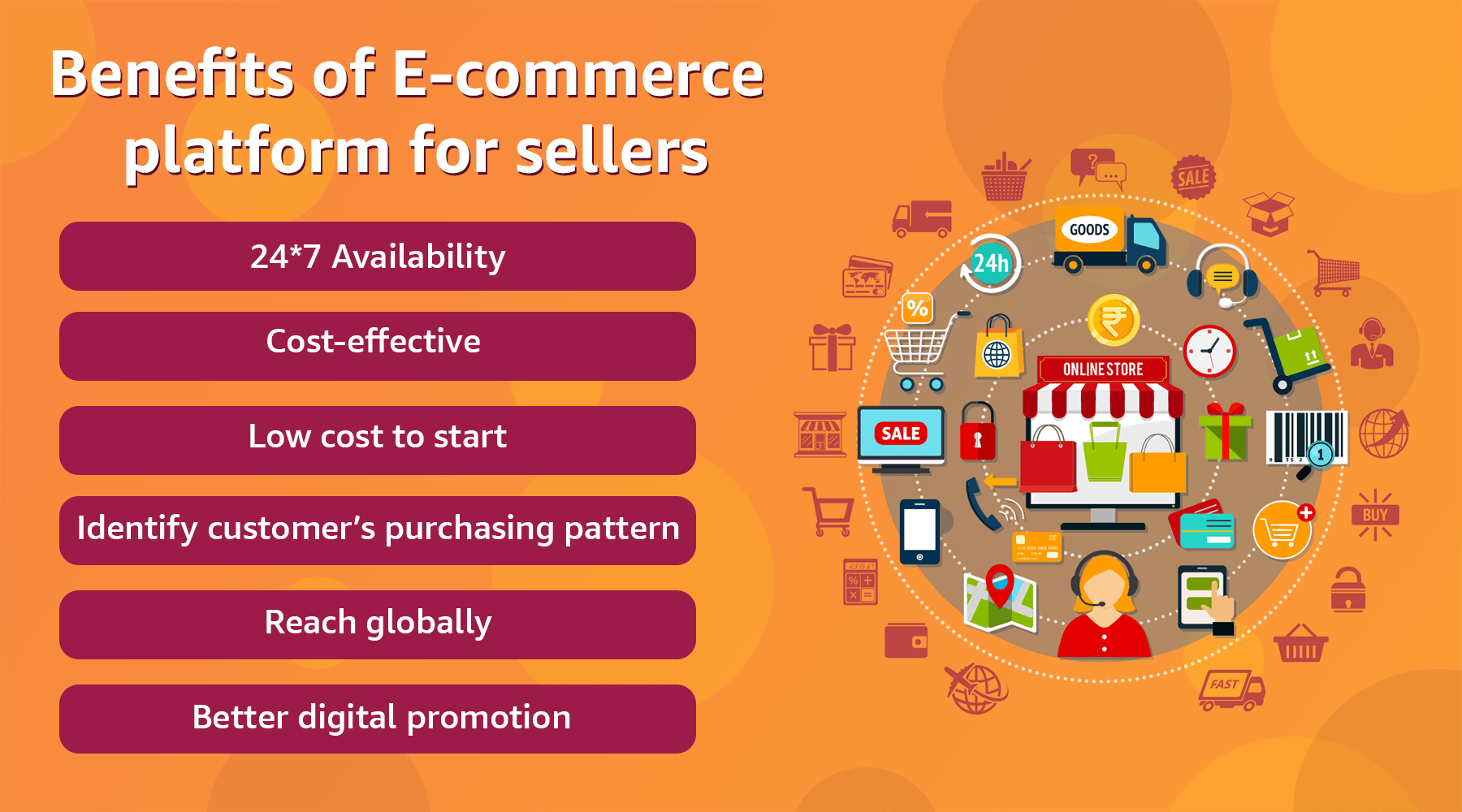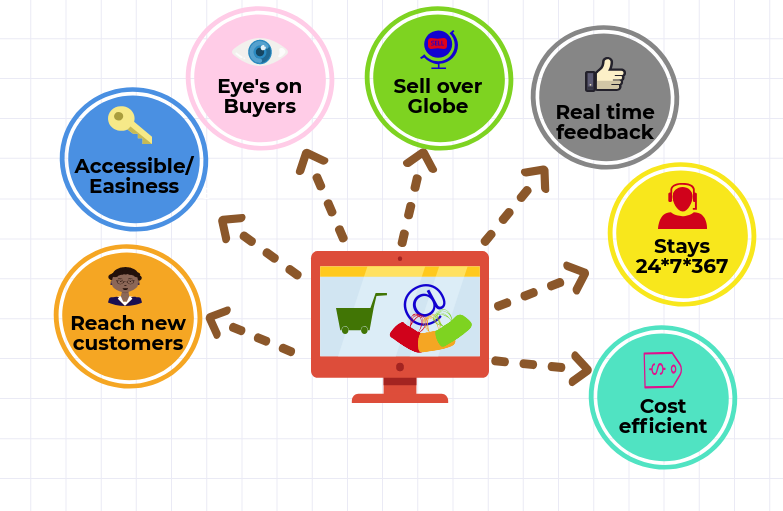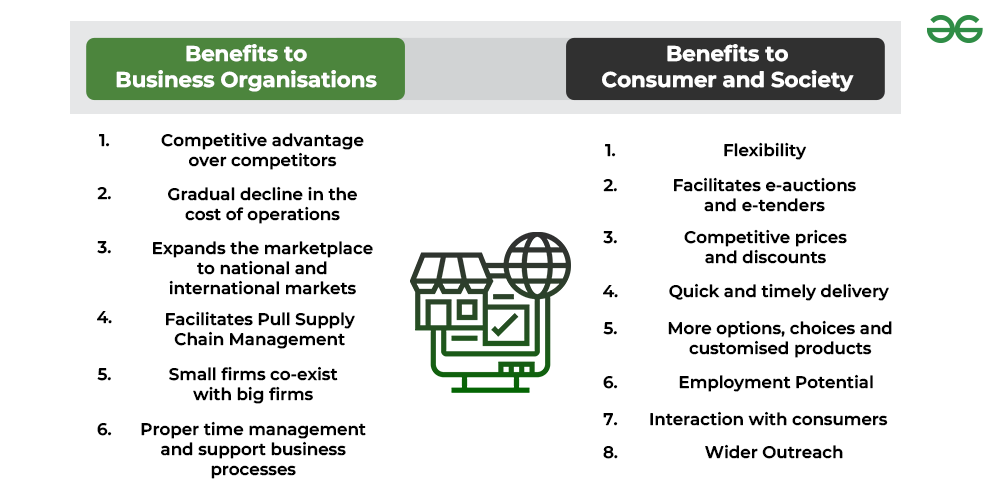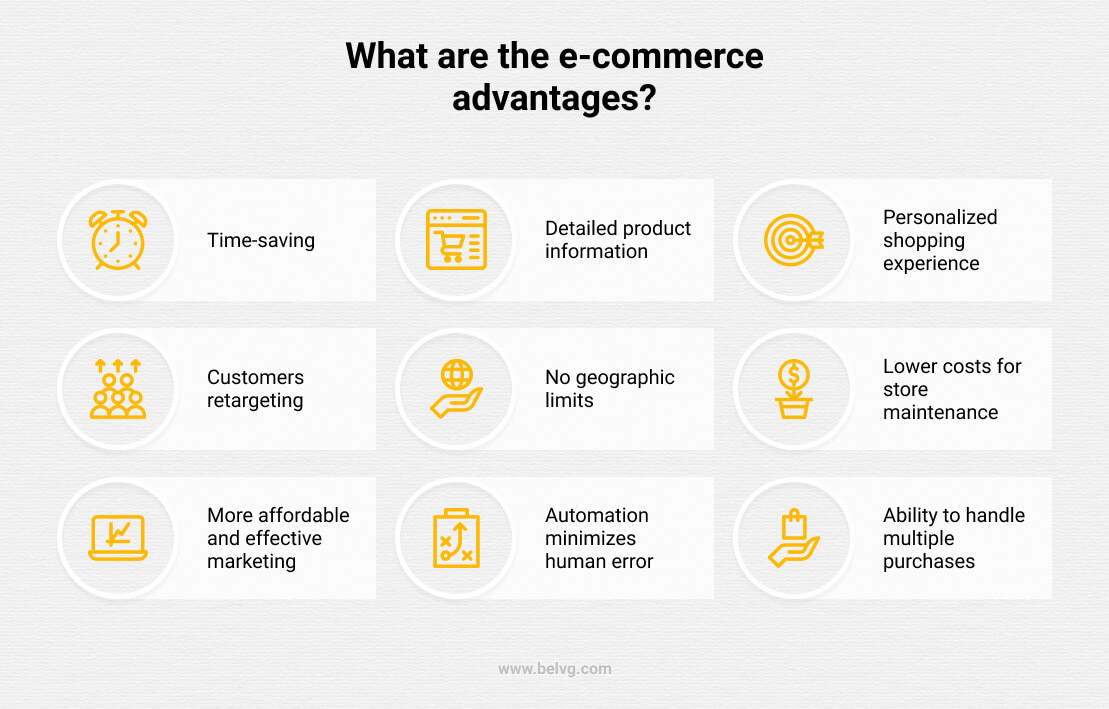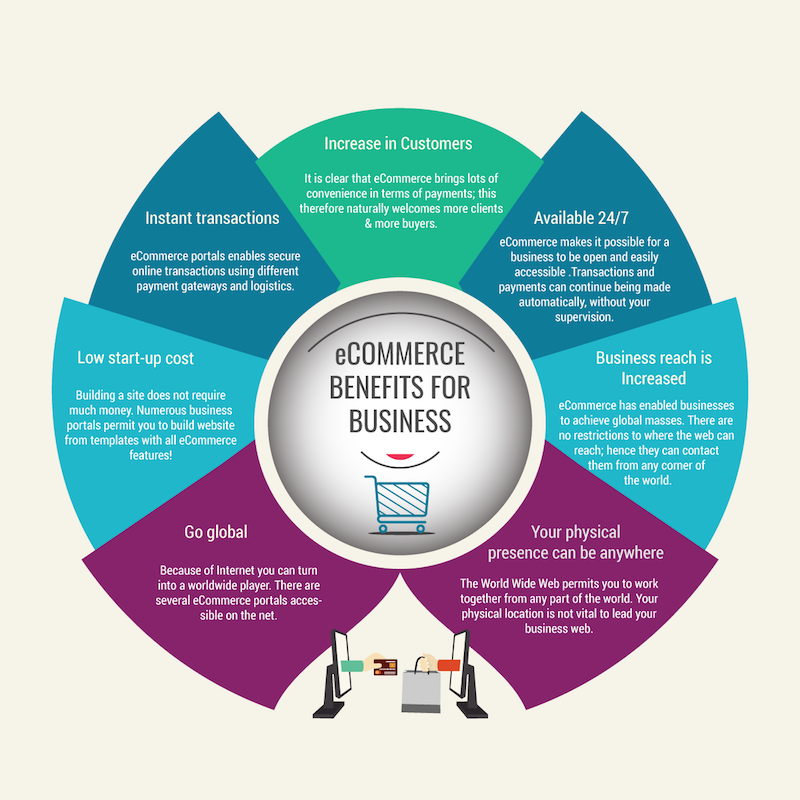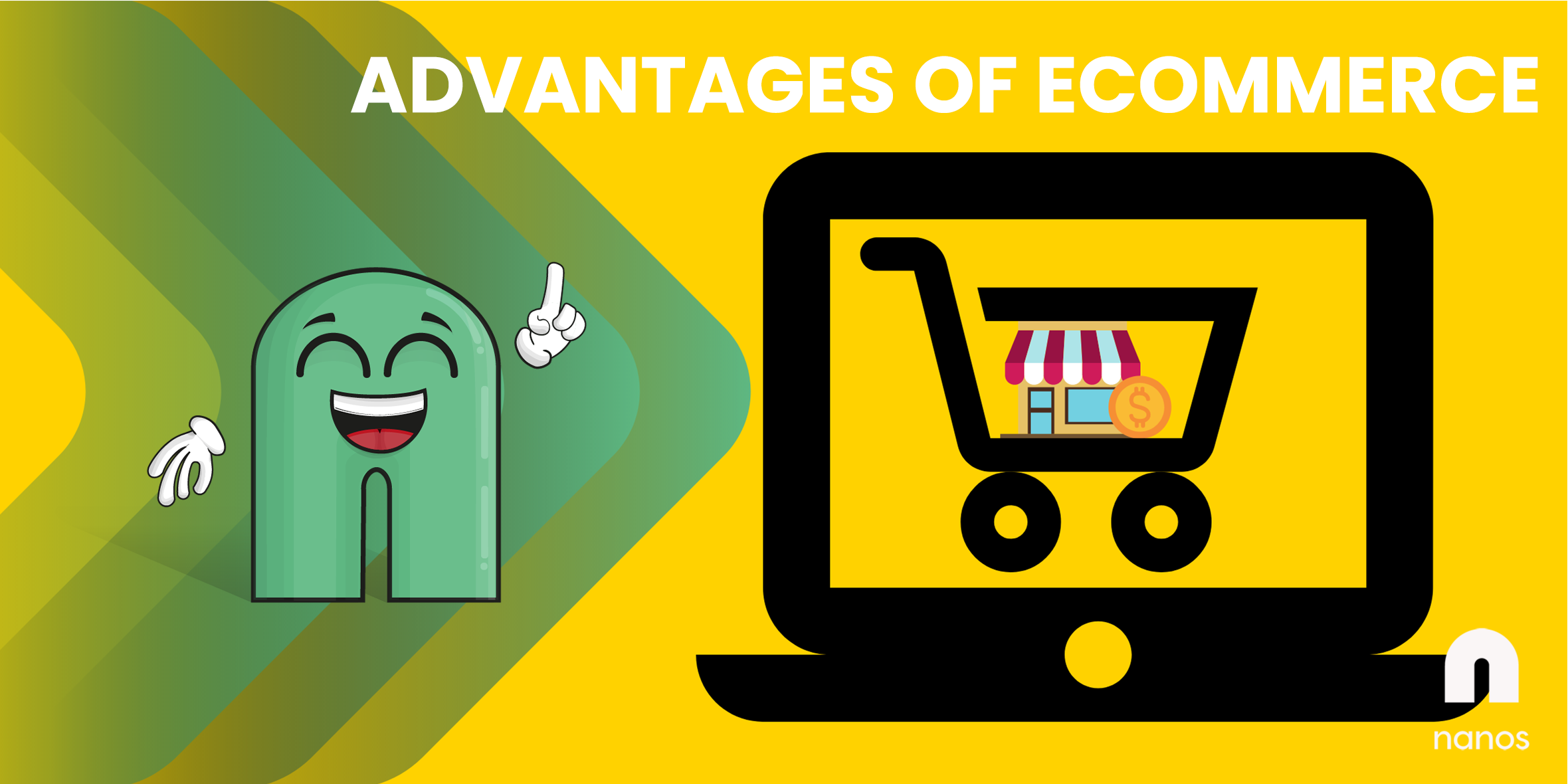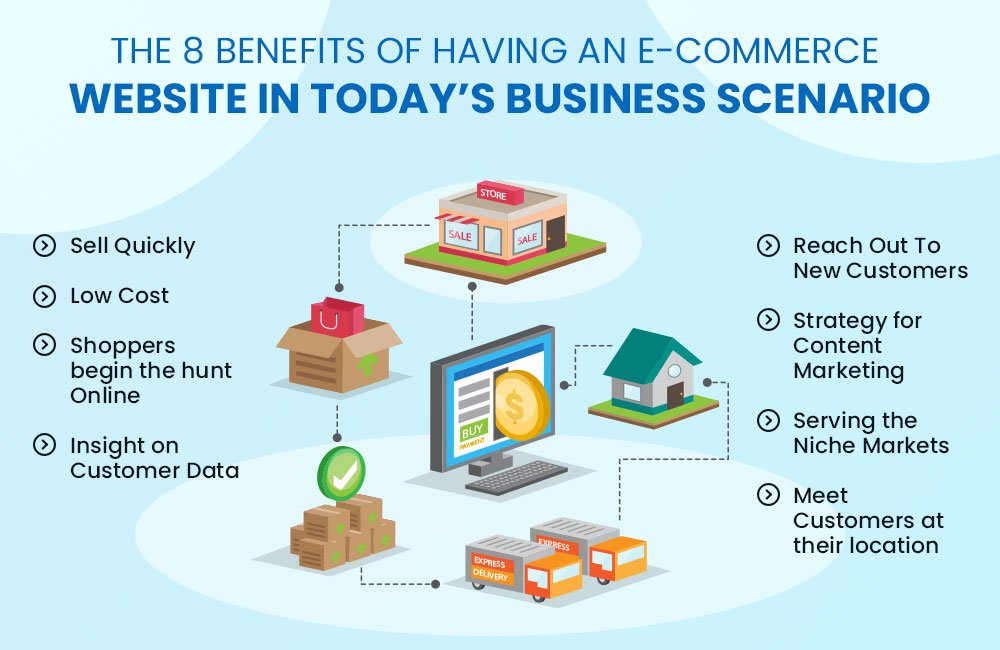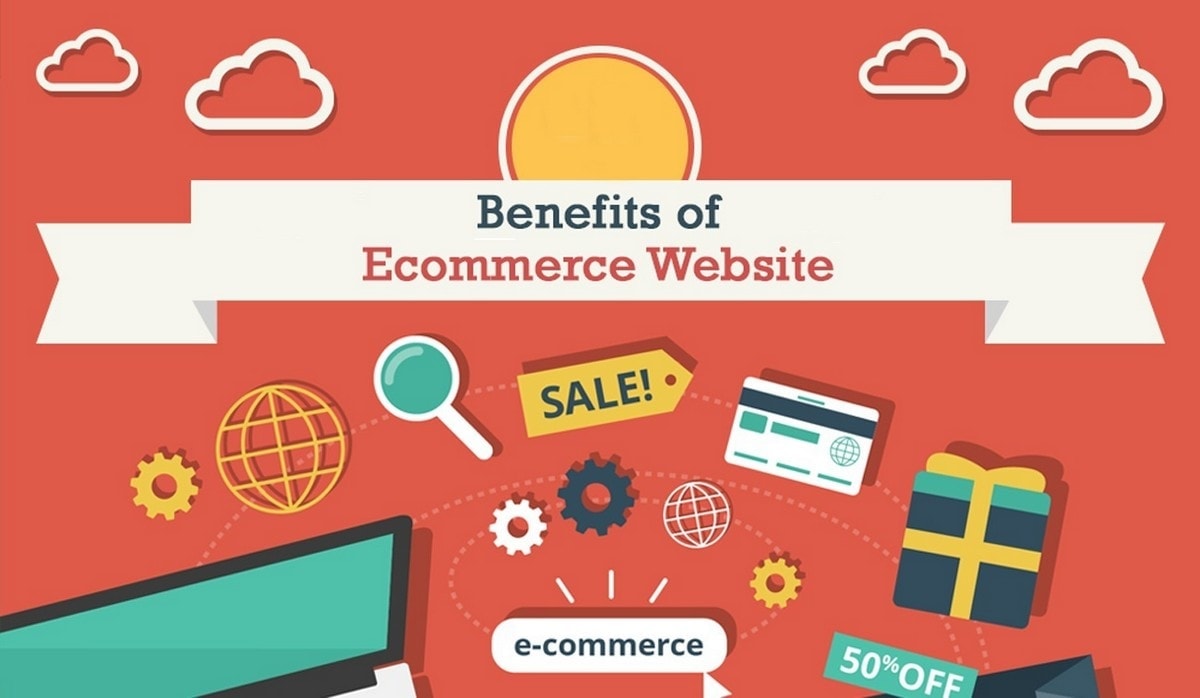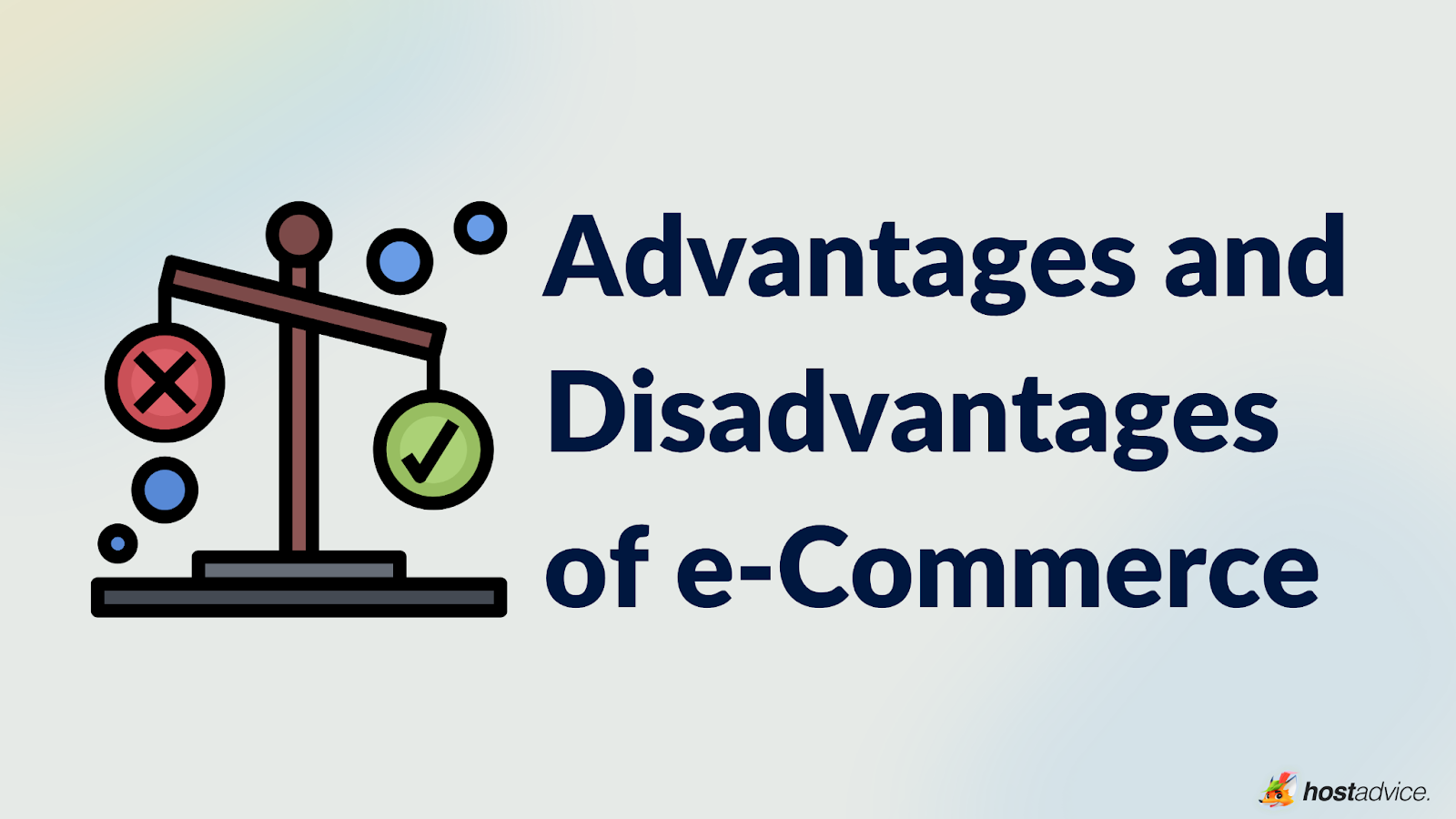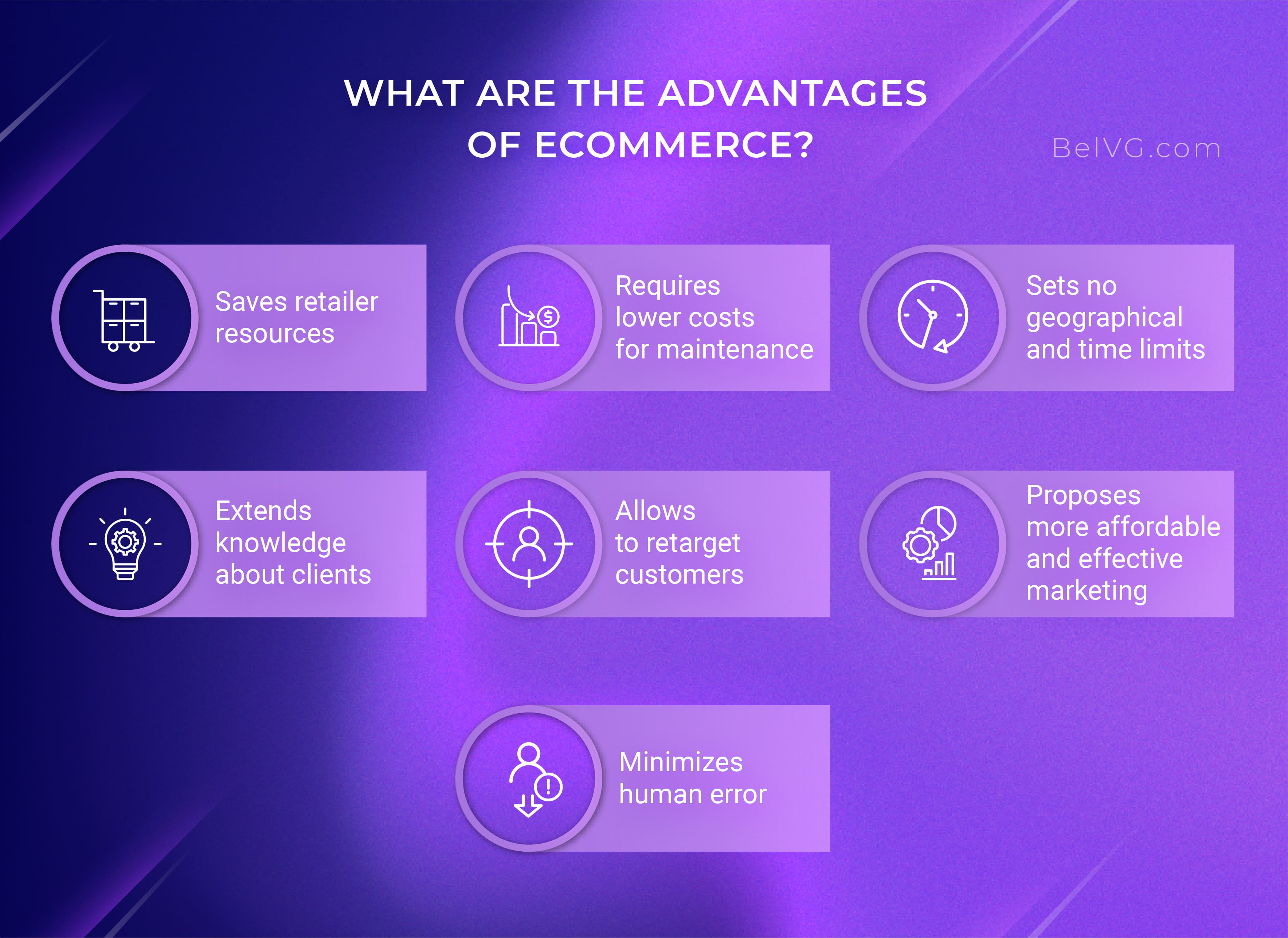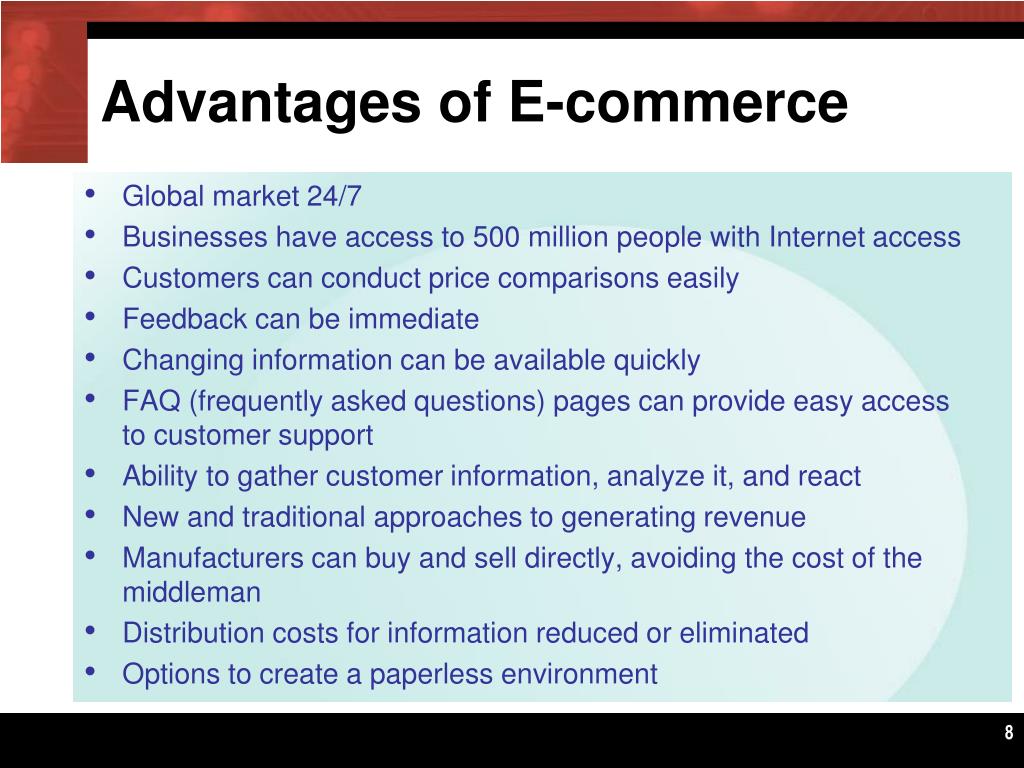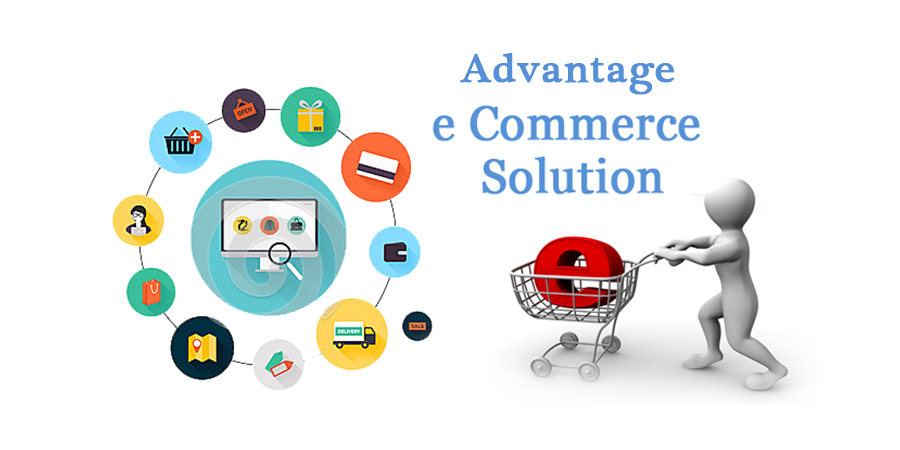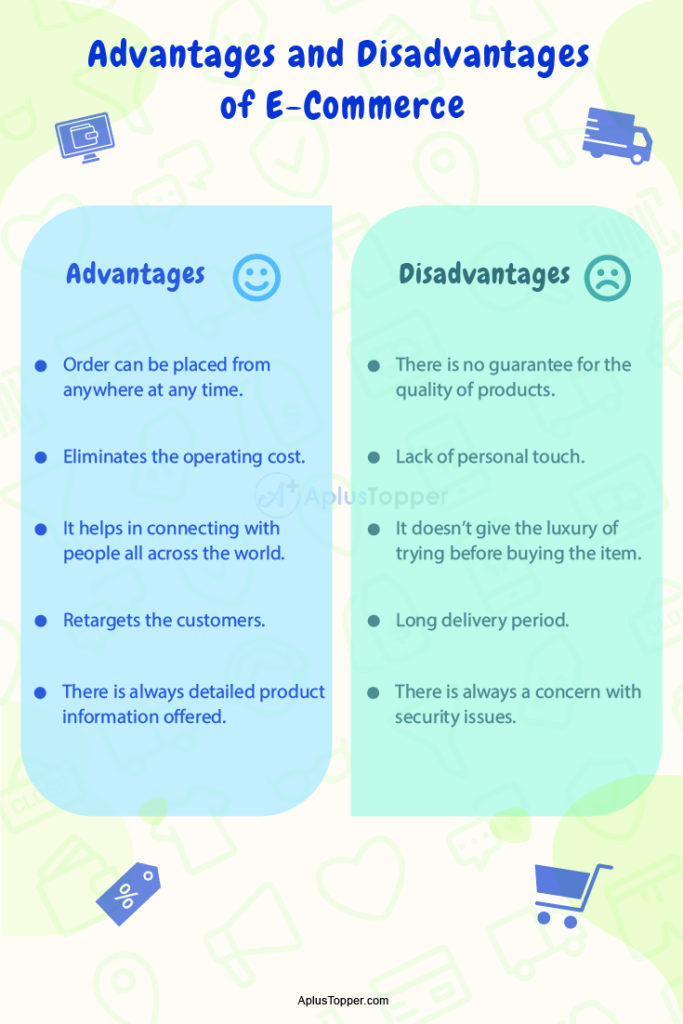What Are The Advantages Of E Commerce

The global marketplace has undergone a seismic shift. Consumers increasingly prefer the convenience of online shopping, and businesses are adapting to meet them where they are. This move to e-commerce, while accelerated by recent global events, has fundamentally reshaped the commercial landscape, offering unprecedented advantages to both buyers and sellers.
E-commerce offers a multitude of benefits, including expanded market reach, reduced operational costs, enhanced customer experiences, and data-driven decision-making. These advantages have made it a necessity for businesses to integrate digital sales strategies into their overall business model, and are driving growth in diverse sectors.
Expanded Market Reach
One of the most significant advantages of e-commerce is its ability to break down geographical barriers. Businesses are no longer limited to serving customers in their immediate vicinity.
With an online presence, companies can reach a global audience, tapping into new markets and significantly increasing their potential customer base. This expansion is supported by efficient global logistics and digital marketing strategies, making it easier than ever to connect with customers worldwide.
Reduced Operational Costs
E-commerce can significantly reduce operational costs for businesses. Brick-and-mortar stores require rent, utilities, and staffing costs that are substantially higher than maintaining an online presence.
An online store can operate with lower overhead, allowing businesses to invest more in product development, marketing, and customer service. Automation and streamlined processes further contribute to cost savings, improving overall profitability. According to a report by Statista, companies experience a 10-20% saving on average by moving to e-commerce platforms.
Enhanced Customer Experiences
E-commerce platforms offer unparalleled opportunities to personalize and enhance the customer experience. Businesses can track customer behavior, analyze purchase patterns, and tailor product recommendations to individual preferences.
Features like personalized email marketing, targeted advertising, and interactive customer support contribute to a more engaging and satisfying shopping experience. This leads to increased customer loyalty and repeat business. Reviews and ratings contribute to trust and transparency, aiding consumers in making well-informed purchase decisions. Amazon, for example, makes extensive use of customer reviews and personalized recommendations to drive sales.
Data-Driven Decision Making
E-commerce platforms generate vast amounts of data that can be used to inform business decisions. Metrics such as website traffic, conversion rates, and customer demographics provide valuable insights into customer behavior and market trends.
By analyzing this data, businesses can optimize their marketing campaigns, improve product offerings, and refine their overall business strategy. Data-driven decision-making allows for greater agility and responsiveness to market changes, giving e-commerce businesses a competitive edge. Furthermore, the use of AI enhances this data processing capability leading to better insights and predictability, as noted in a report by McKinsey.
Challenges and Considerations
Despite its numerous advantages, e-commerce also presents certain challenges. Concerns about online security, data privacy, and fraudulent activities are significant barriers for both businesses and consumers. Businesses must invest in robust security measures to protect customer data and build trust.
Another challenge is the increased competition in the online marketplace. Businesses need to differentiate themselves through innovative products, exceptional customer service, and effective marketing strategies to stand out from the crowd. Moreover, logistical challenges such as shipping costs and delivery times must be efficiently handled to satisfy customer expectations.
The Future of E-Commerce
The future of e-commerce is likely to be shaped by emerging technologies such as artificial intelligence, augmented reality, and blockchain. AI-powered chatbots and virtual assistants will provide personalized customer support, while augmented reality will allow customers to virtually try on products before making a purchase.
Blockchain technology can enhance security and transparency in online transactions, further building trust between businesses and consumers. As these technologies continue to evolve, e-commerce is poised to become even more integrated into our daily lives, transforming the way we shop and conduct business. According to a Forrester report, it is expected that retail e-commerce sales will account for 25% of total retail sales worldwide by 2025.
In conclusion, the advantages of e-commerce are undeniable, offering unprecedented opportunities for growth, efficiency, and customer engagement. While challenges remain, the potential rewards are substantial. As technology advances and consumer preferences evolve, e-commerce will continue to reshape the business landscape, driving innovation and creating new opportunities for businesses of all sizes.
